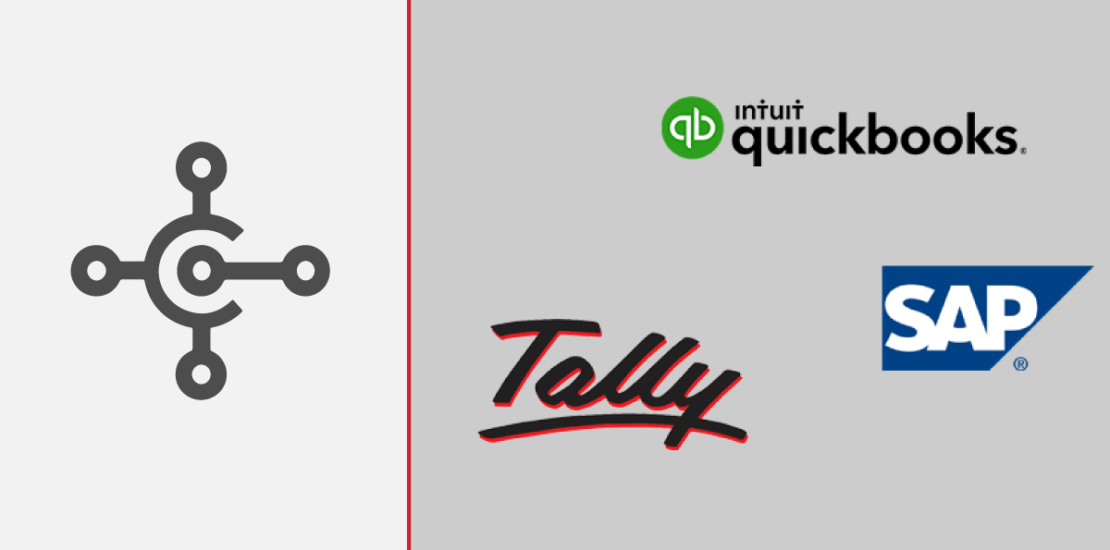Advantages of Microsoft Dynamics 365 Business Central over Tally, Quickbooks, and SAP BI
-
October 14, 2020
- Posted by: Team Prudence
- Category: MICROSOFT DYNAMICS 365
No Comments

- October 14, 2020
- Posted by: Team Prudence
- Category: MICROSOFT DYNAMICS 365

QuickBooks accounting software is prevalent among start-ups and small businesses in need of a tool that helps them manage customers, clients, inventory, vendors, and finances. Dynamics 365 Business Central is an enterprise resource planning (ERP) solution with accounting features that compare favorably to QuickBooks offerings.
Many people confuse Dynamics 365 Business Central with Dynamics 365. That makes it harder for them to understand how Business Central compares to QuickBooks and other ERP solutions. This article will clarify the difference between Dynamics Business Central and Dynamics 365 before showing how Business Central holds up compared to QuickBooks and other alternatives.
Dynamics 365 Business Central vs. QuickBooks: Unveiling the Key Differences
While both Dynamics365 B business Central and QuickBooks cater to basic accounting requirements, their capabilities diverge significantly. QuickBooks serves the needs of solopreneurs, start-ups, and microbusinesses by managing payroll and processing payments.
However, as companies grow, they may encounter limitations with QuickBooks due to its database’s inability to scale effectively beyond a certain threshold. In contrast, Dynamics 365 Business Central addresses this challenge by offering robust scalability and enhanced online security measures.
QuickBooks focuses solely on accounting functions, leaving businesses to seek alternative solutions for other critical business needs.
In contrast, Dynamics 365 Business Central provides a comprehensive ERP platform that covers areas such as financial management, supply chain management, electronic services, human resource management, customer relationship management, and project management.
With over 800 additional features compared to QuickBooks, Dynamics 365 Business Central offers expanded billing format options, stronger reporting capabilities, clear system audit trails, and multi-lingual functionality. In this article, we delve into the distinct differences between Dynamics 365 Business Central and QuickBooks, highlighting the advantages of adopting a comprehensive ERP system for businesses aiming to meet diverse operational needs.
Comparing Dynamics 365 Business Central and SAP Business One: A Comprehensive Analysis
SAP Business One, another popular ERP solution for small and medium-sized businesses (SMBs), differs from Dynamics 365 Business Central in terms of scalability.
SAP Business One may not offer the same level of scalability as Business Central, potentially necessitating a search for an alternative ERP solution once a company reaches a certain level of growth. On the other hand, Business Central is designed to adapt to a wider range of business models, accommodating diverse scaling requirements.
When implementing SAP Business One, companies are typically required to enable ten core modules, which cannot be discarded even if they don’t align with a company’s specific needs. In contrast, Business Central allows organizations to create a personalized solution by selecting and customizing modules that align with their core business requirements. In this article, we provide a comprehensive analysis of the differences between Dynamics 365 Business Central and SAP Business One, highlighting their respective strengths and considerations for SMBs seeking an ERP solution.


